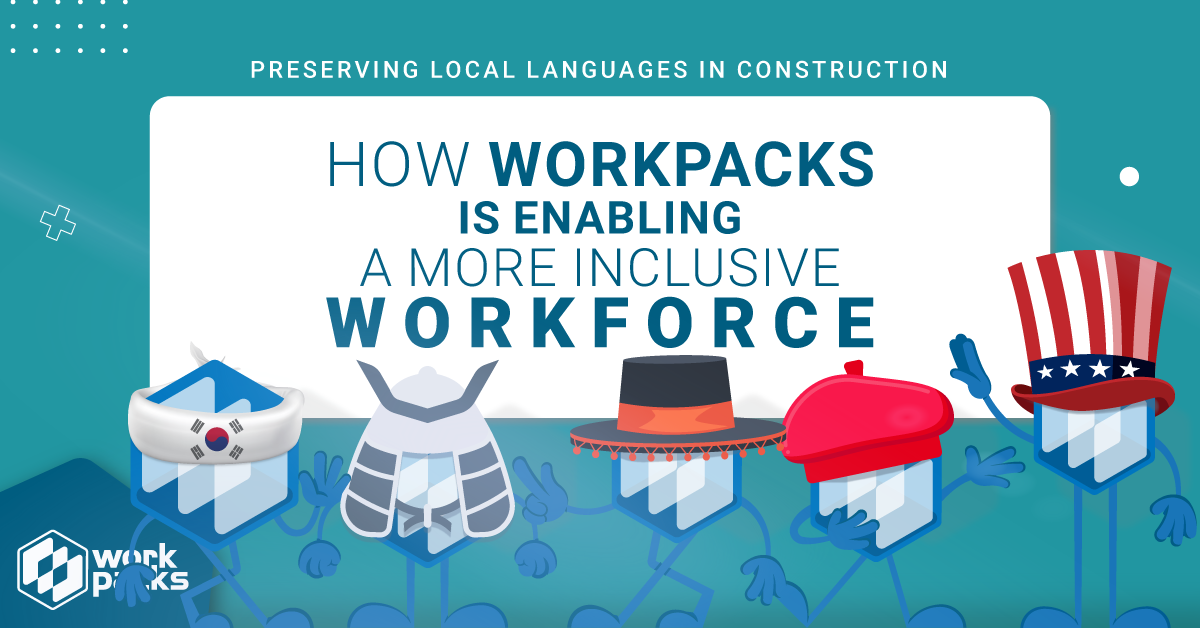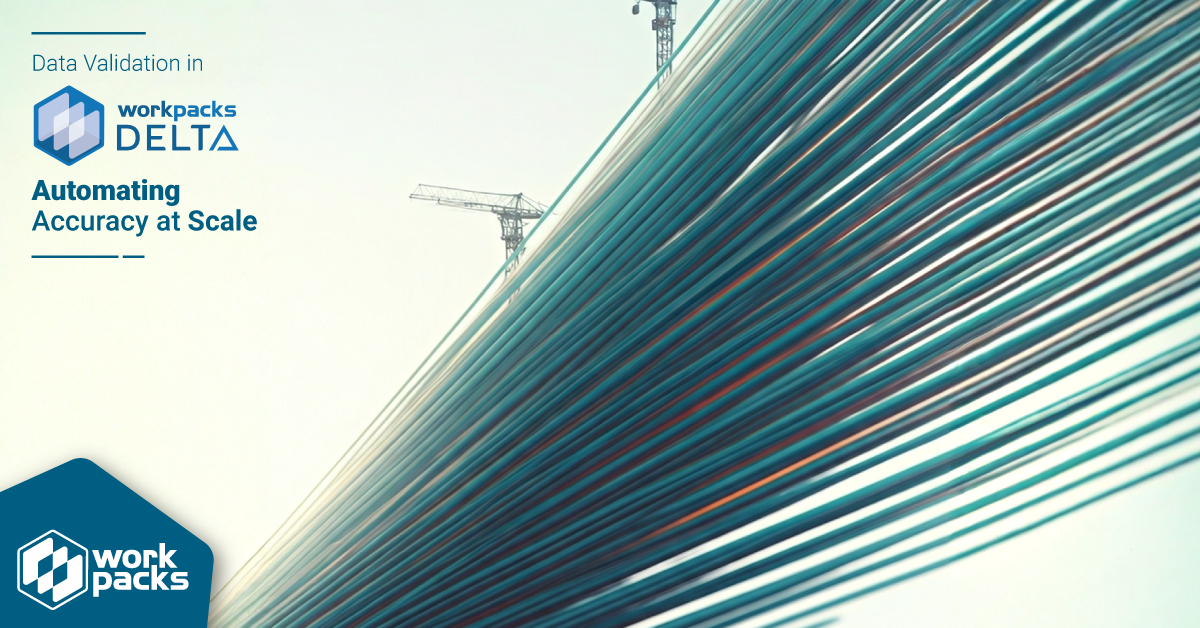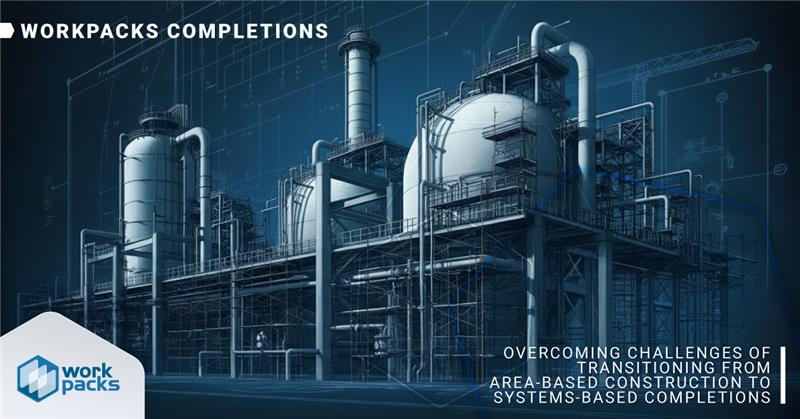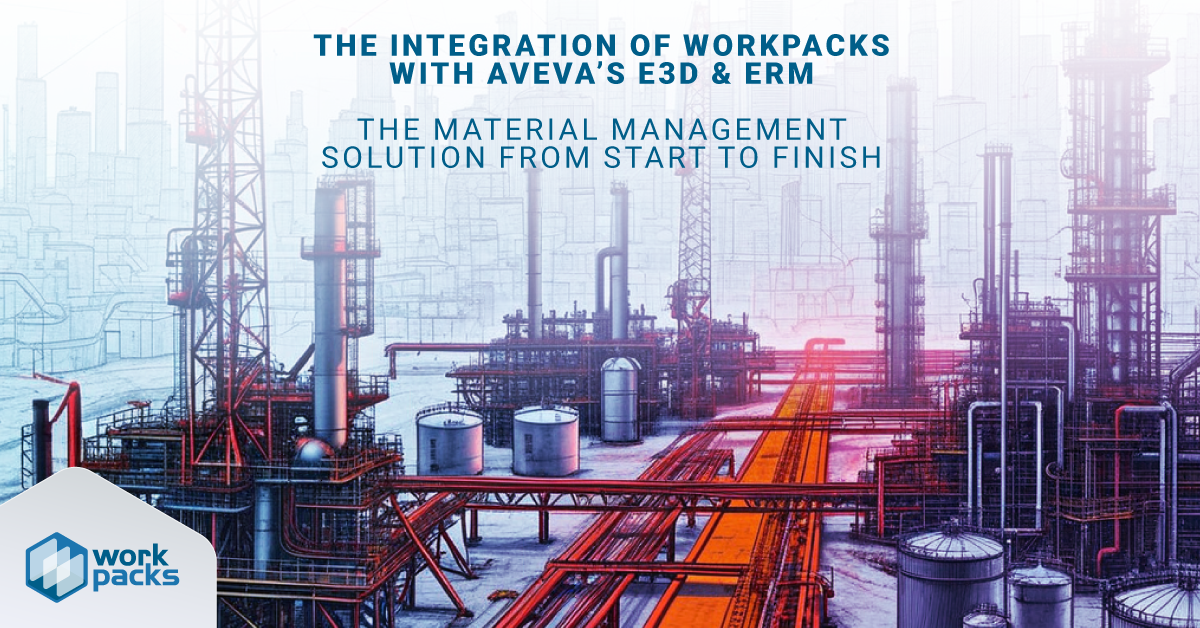In today’s interconnected and technology-driven world, many local languages are dwindling as larger demographic languages dominate global industries and develop new solutions adopted by various cultures. As companies expand across borders, they often prioritize their own or widely spoken languages, making it harder for local workers to enter specialized fields like construction, logistics, and project management. This process effectively excludes skilled local labor, and linguistic diversity continues to shrink as job opportunities and technological advancements favor a few dominant languages.
The cultural significance of language goes beyond communication—it shapes identity, history, and worldview. When a language fades, entire ways of thinking and problem-solving unique to a culture can be lost. Beyond simple words and grammar, languages also reflect how different cultures perceive the world around them. The Lunda language – part of the Bantu language family spoken in parts of Zambia, Angola, and the Democratic Republic of Congo – features a complex tense system that distinguishes between the near past, far past, near future, and far future, demonstrating how time is conceptualized differently across cultures. Meanwhile, Mandarin Chinese is a tonal language, meaning the same syllable can have multiple meanings depending on the pitch with which it is spoken—a feature that affects not just spoken communication but also cultural expressions like poetry, music, and wordplay. These linguistic structures reveal unique cognitive frameworks that influence how people within those cultures plan, think, and interpret events.
With modern digital solutions, we now have the means to reverse this trend of diminishing language diversity. WorkPacks is pioneering a new approach by integrating google translate into our back-end coding, allowing local teams to work in their native language while engaging in large-scale construction projects. This not only opens job opportunities for local workers but also ensures that their language continues to evolve alongside advancements in construction, management, and logistics.
By integrating local languages into WorkPacks, we empower communities to participate in complex projects without language barriers. More importantly, as new industry concepts emerge, these languages will naturally adapt and grow, enriching both cultural heritage, professional expertise, and enabling more diverse cognitive perspectives to solve current challenges. Construction is about building more than just infrastructure—it’s about building communities, opportunities, and inclusivity. With WorkPacks, hire locally and know that language is no longer a barrier.





